Pennsylvania Man Wins Billion-Dollar Settlement After Roundup Weed Killer Causes Blood Cancer
John McKivison, a 49-year-old Pennsylvania man, was awarded $2.25 billion by a Philadelphia jury after it was determined that his non-Hodgkin’s lymphoma was caused by two decades of using Bayer’s Roundup weed killer on his property.
His attorneys, Tom Kline and Jason Itkin, emphasized the jury’s unanimous verdict as a condemnation of Monsanto’s (owned by Bayer) misconduct over 50 years, highlighting the disregard for human safety and its significant role in causing McKivison’s cancer.
The Breakdown of the Award
The Daily Mail reports that the jury’s award to McKivison includes $2 billion in punitive damages, intended to punish Bayer for its misconduct, and $250 million in compensatory damages to cover McKivison’s cancer-related expenses and suffering.

Source: Sora Shimazaki/Pexels
This distinction illustrates the jury’s intent to not only compensate McKivison but also to send a clear message to Bayer and similar corporations about the consequences of negligence.
Bayer's Response to the Verdict
Following the jury’s decision, Bayer expressed its disagreement and announced plans to appeal the verdict.

Source: Wikimedia Commons
The Daily Mail reveals that the company believes it has strong arguments to overturn the verdict and reduce the damage award, which it views as “unconstitutionally excessive.” Bayer insists that Roundup can be used safely and is not carcinogenic, a stance supported by assessments from expert regulators worldwide.
Historical Context of the Dispute
The dispute over Roundup’s safety is not new. Several cancer patients and their estates have previously sued Bayer, including a man in California who was awarded $332 million and another in Philadelphia awarded $175 million.
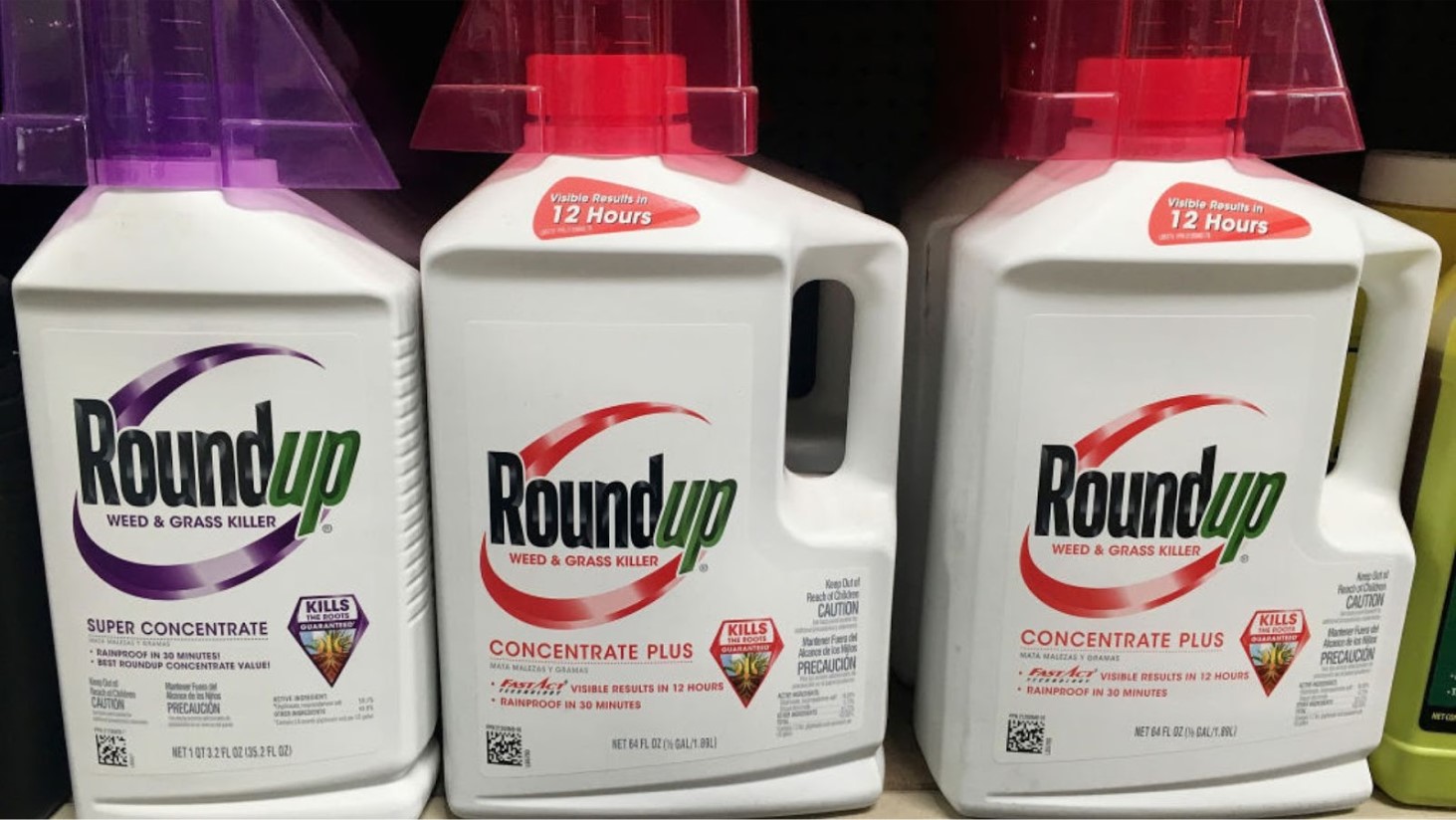
Source: Getty Images
Bayer has consistently appealed these verdicts, maintaining its position on Roundup’s safety despite these legal challenges, NBC News reports.
Personal Stories of Cancer Survivors
The legal battles against Bayer and Monsanto have brought to light personal stories of individuals affected by non-Hodgkin’s lymphoma, believed to be linked to Roundup use.

Source: National Cancer Institute/Unsplash
Among them are Alva and Alberta Pilliod, who were awarded $86 million in 2019 after claiming Roundup caused their cancer, per information from The Daily Mail.
The Precedent-Setting Case of Dewayne Johnson
Dewayne Johnson’s 2018 case against Monsanto was a precursor to McKivison’s, resulting in a $289 million verdict for Johnson, who also claimed that Roundup exposure caused his non-Hodgkin’s lymphoma.
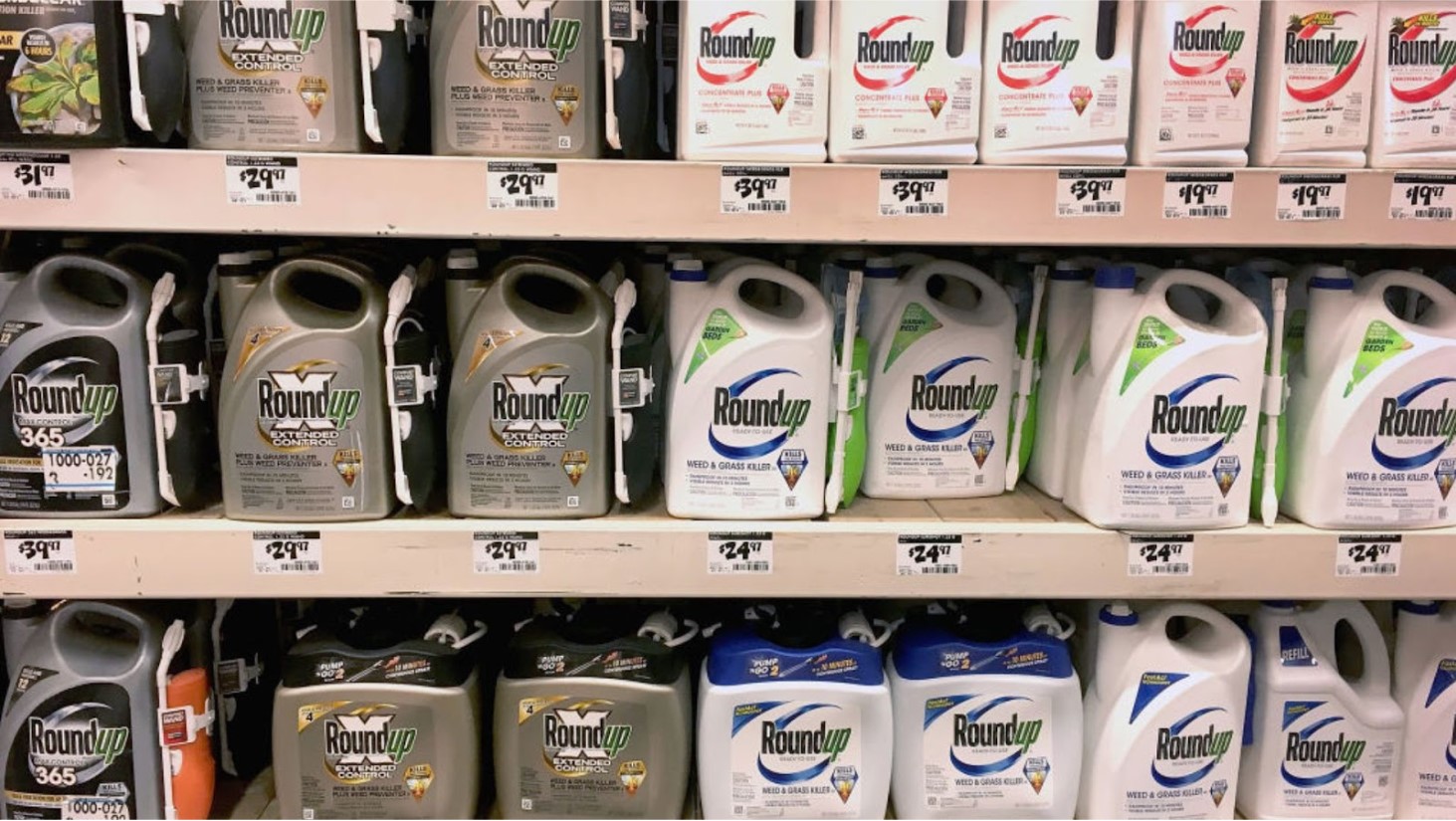
Source: Getty Images
The Daily Mail reveals that Johnson’s case was the first to reach trial alleging a cancer link from Roundup use, setting a precedent for subsequent lawsuits.
The Seriousness of Non-Hodgkin's Lymphoma
Non-Hodgkin’s lymphoma, the type of cancer McKivison was diagnosed with, encompasses over 30 different types of cancers that affect the lymphocytes, a type of white blood cell.

Source: Freepik
This cancer can be particularly aggressive, according to the American Cancer Society.
The Scientific Debate Over Glyphosate
NBC News reports that the active ingredient in Roundup, glyphosate, has been the subject of scientific debate. In 2015, the World Health Organization’s International Agency for Research on Cancer released a report which found that glyphosate is “probably carcinogenic to humans.”
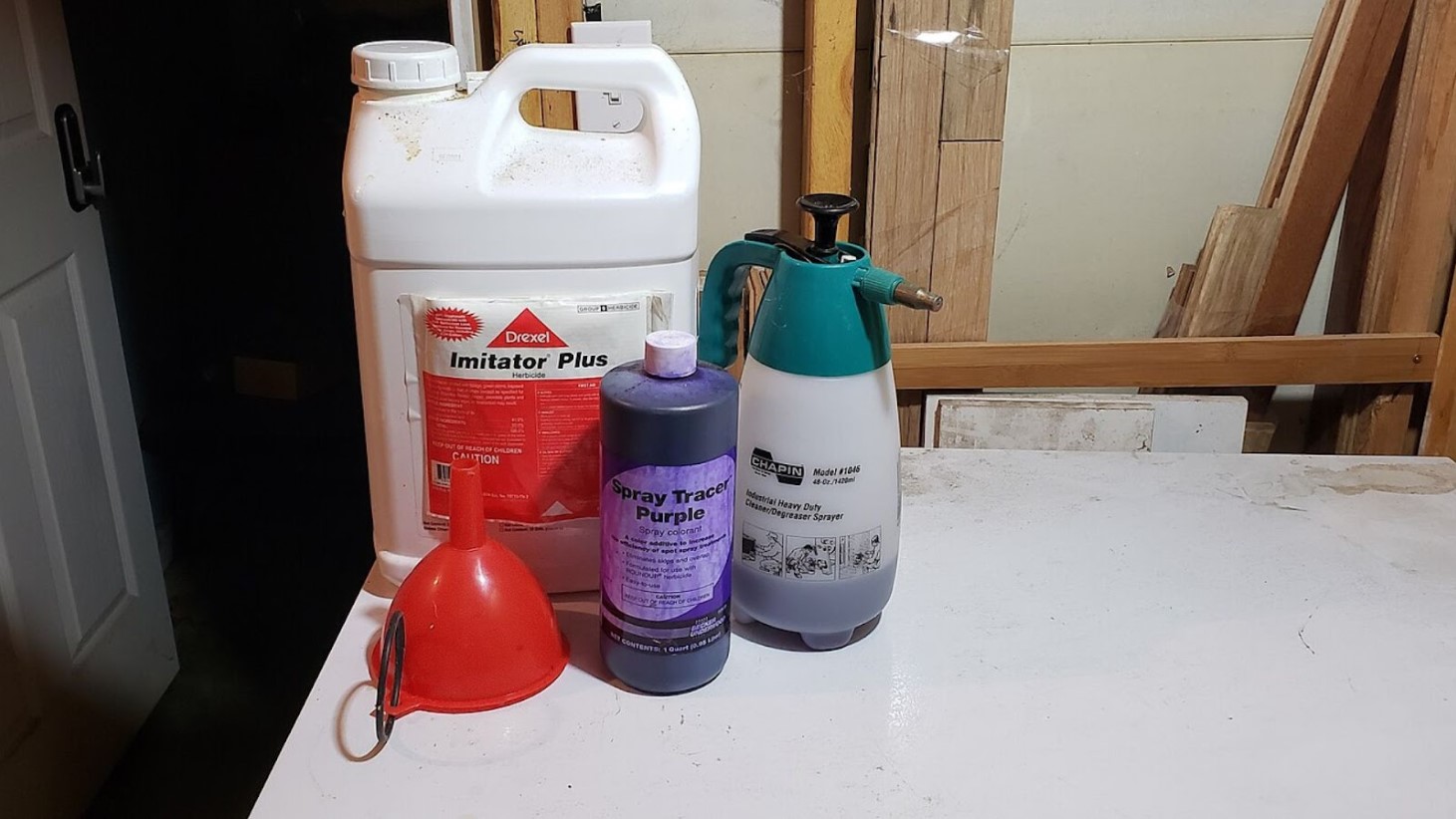
Source: Wikimedia Commons
However, the U.S. Environmental Protection Agency later found no significant risks to human health when used according to its label, and deemed it “unlikely to be a human carcinogen.”
The Persistence of Roundup on the Market
The Daily Mail reports that despite the numerous legal challenges and judgments against Bayer regarding the safety of Roundup, the product remains widely available for purchase.
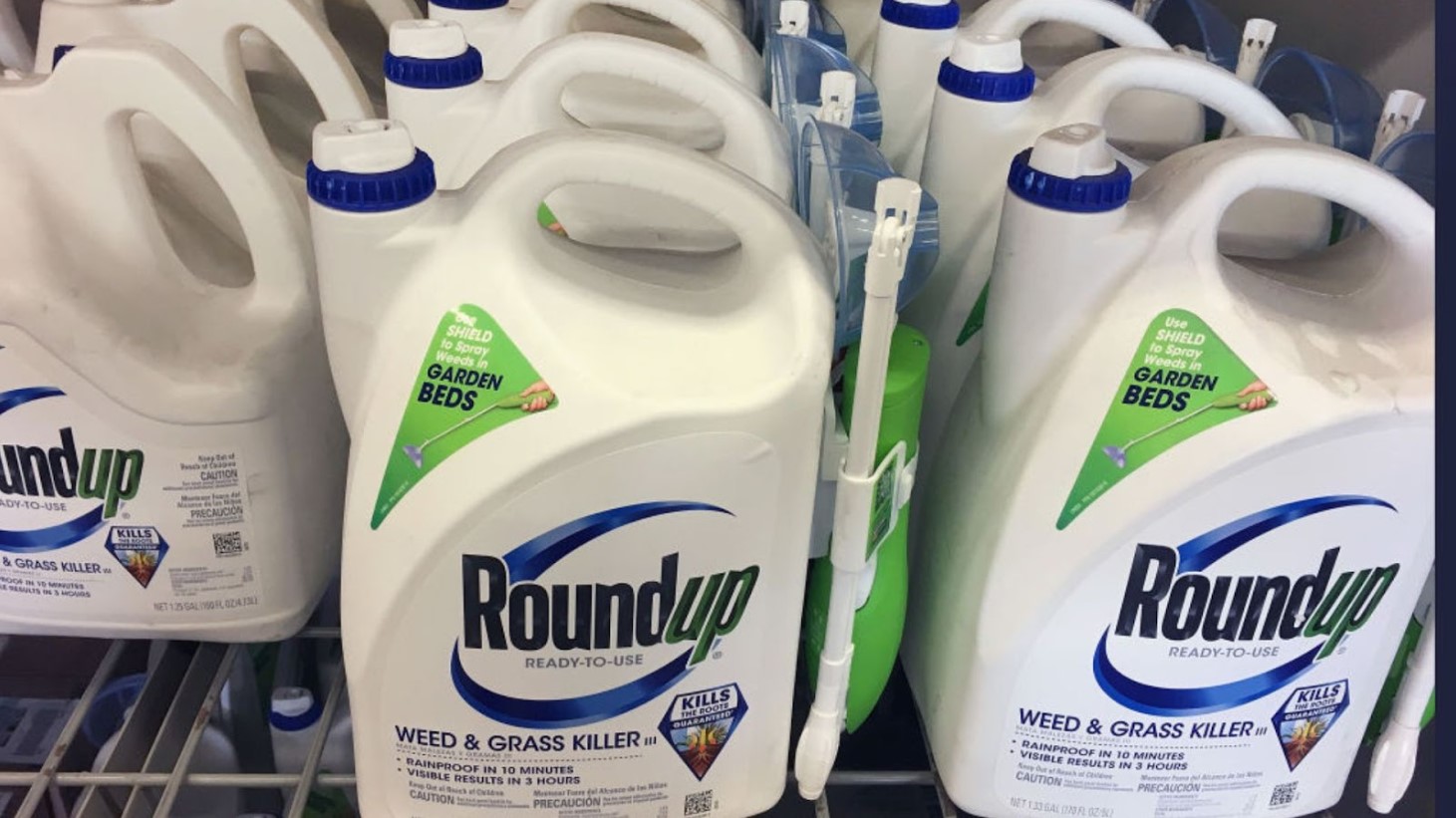
Source: Getty Images
This availability comes even as, despite facing significant legal liabilities, Bayer continues to defend the safety of Roundup, contradicting the findings of the World Health Organization.
The Wider Legal and Public Health Implications
The case against Bayer and its product Roundup raises important questions about corporate responsibility, public health, and the adequacy of regulatory assessments in protecting consumers, per information from NBC News.

Source: Zachary Caraway/Pexels
The significant financial award in this case reflects the jury’s attempt to hold Bayer accountable for its actions and the perceived risks its products pose to public health.
The Role of Scientific Evidence in Legal Disputes
This case highlights the complexities involved when scientific evidence is presented in legal disputes over product safety.
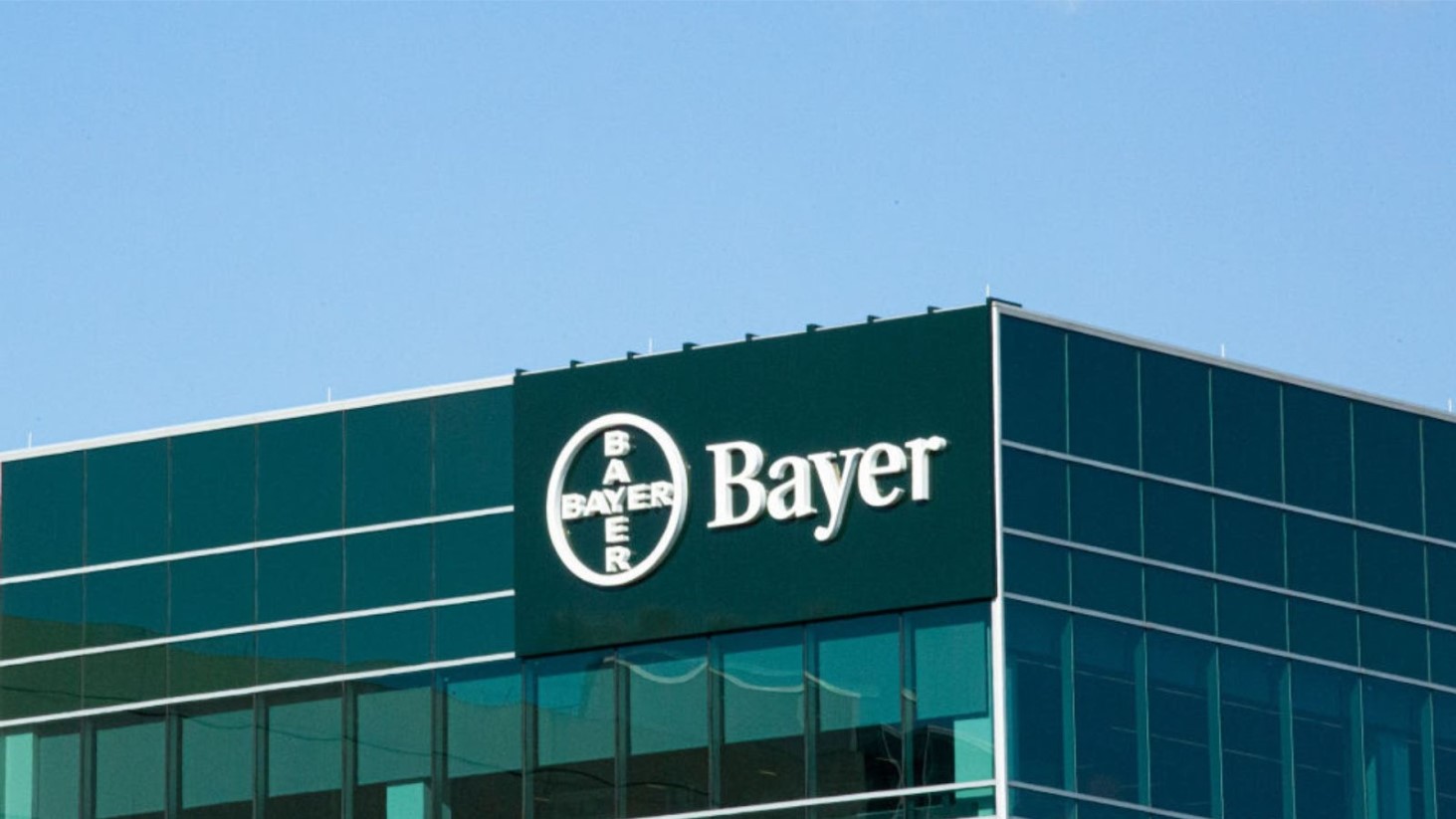
Source: Getty Images
NBC News notes that the conflicting conclusions drawn by different regulatory and health organizations about glyphosate’s carcinogenicity demonstrate the challenges in reaching a consensus on such matters.
A Continuing Debate
The debate over Roundup and glyphosate’s safety is far from resolved.
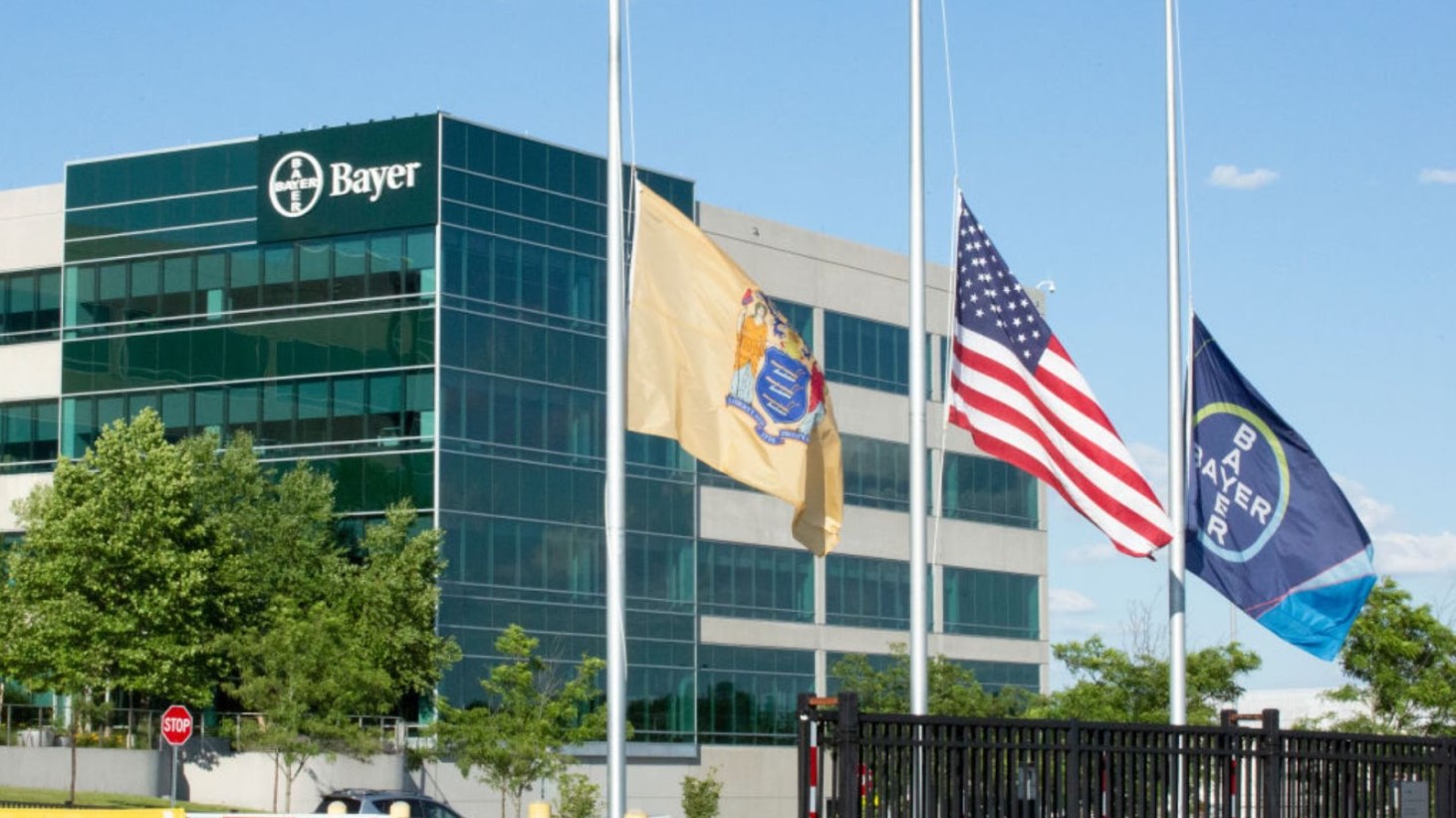
Source: Getty Images
The Philadelphia Inquirer reports that this case is part of a larger pattern of legal challenges facing Bayer, and its outcome could influence future lawsuits against the company and the regulatory landscape for chemical products.
